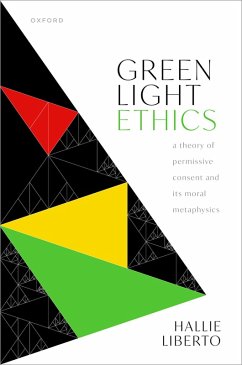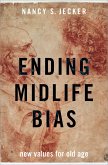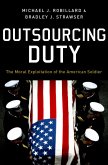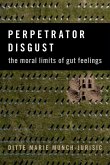This book is about permissive consent--the moral tool we use to give another person permission to do what would otherwise be forbidden. For instance, consent to enter my home gives you permission to do what would otherwise be trespass. This transformation is the very thing that philosophers identify as consent--which is why we call it a normative power. It is something individuals can do, by choice, to change the moral or legal world. But what human acts or attitudes render consent? When do coercive threats, offers, or lies undermine the transformative power of consent? What intentions or conventions are necessary to render consent meaningful? This book develops a novel theory that explains the moral features of consent in some of the most central domains of human life--but that also serves as a study in how to theorize normative power. It argues that consent is a moral mechanism with exactly the set of features that, when triggered, prevents another person's behavior from constituting a certain kind of wrongdoing. What kind of wrongdoing? It depends on what sort of permission is being granted. Sometimes consent permits others to enter, occupy, or act within some bounded domain wherein the consent-giver holds moral authority. In these cases, consent operates to prevent what the book calls: Invasive Wrongdoing. By identifying the moral features that underlie this special wrongdoing, we can learn what it takes to render consent.
Dieser Download kann aus rechtlichen Gründen nur mit Rechnungsadresse in A, B, BG, CY, CZ, D, DK, EW, E, FIN, F, GR, HR, H, IRL, I, LT, L, LR, M, NL, PL, P, R, S, SLO, SK ausgeliefert werden.









